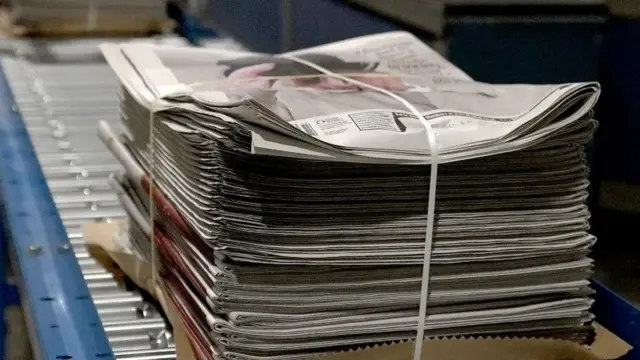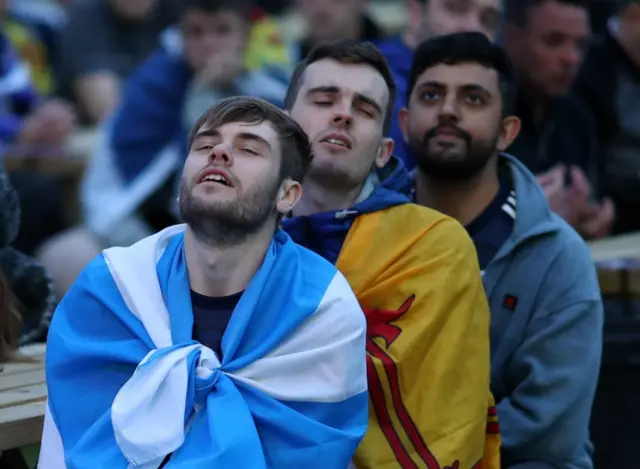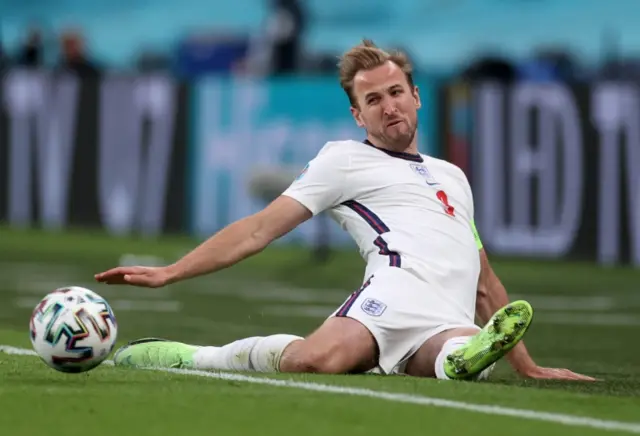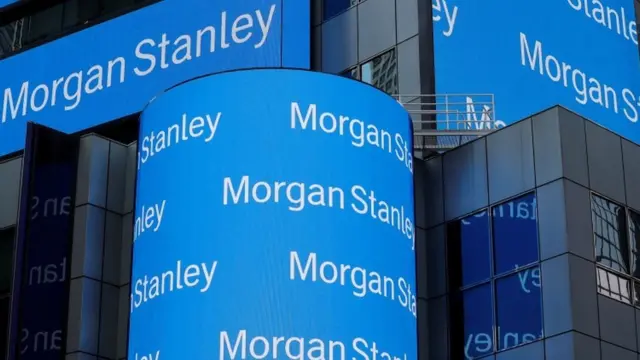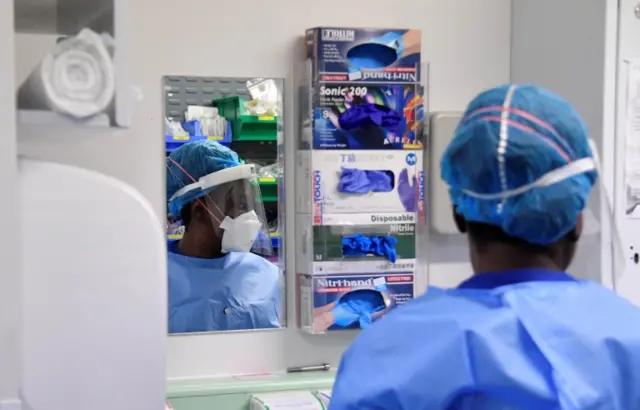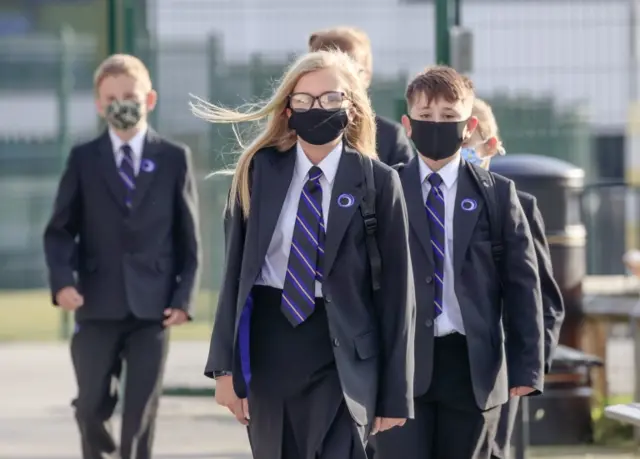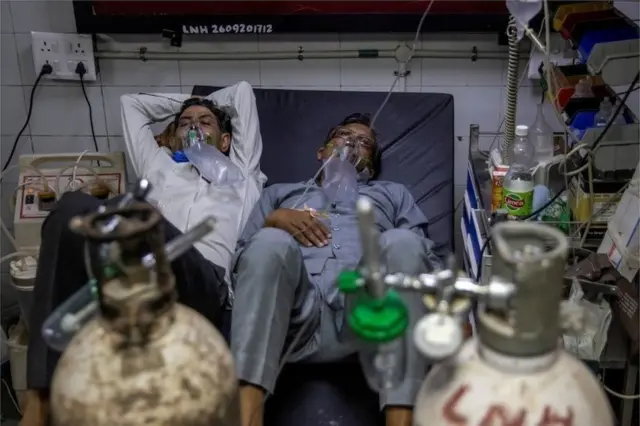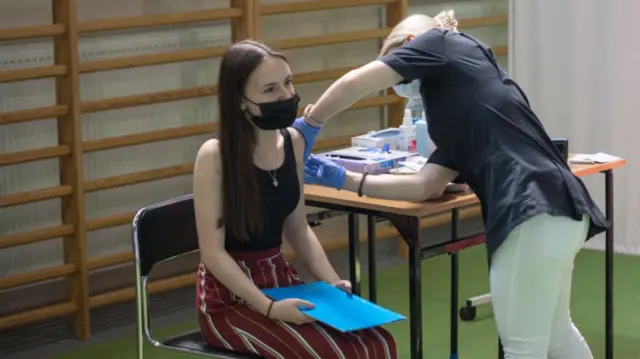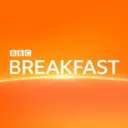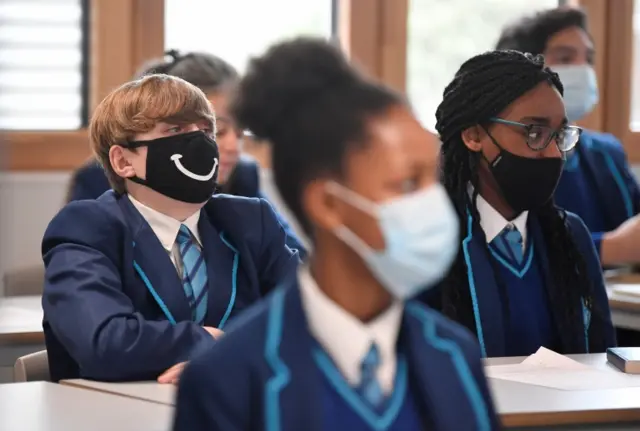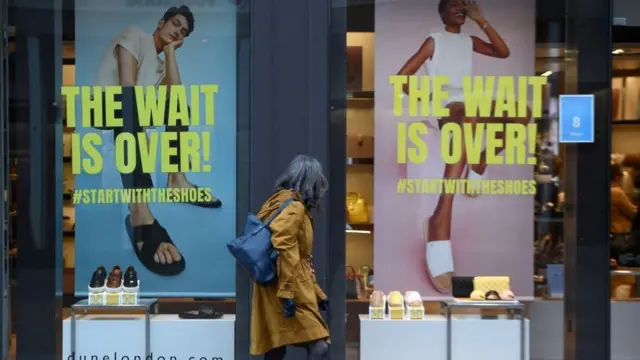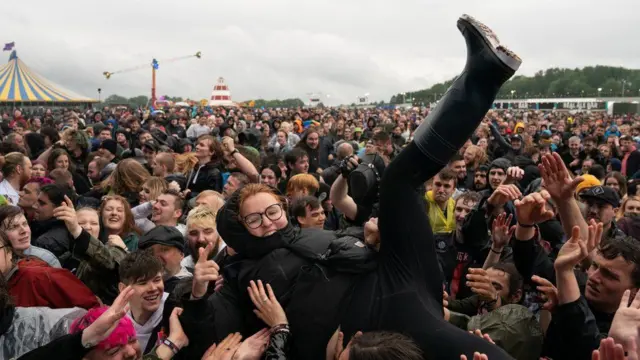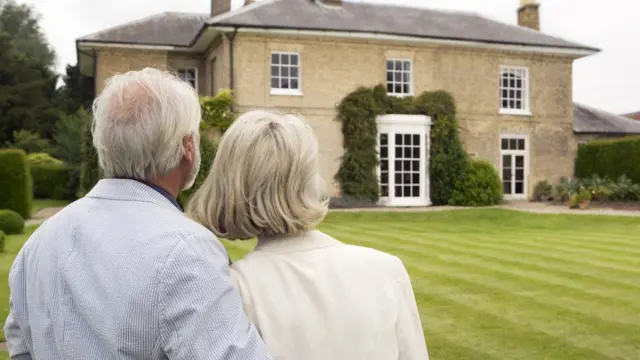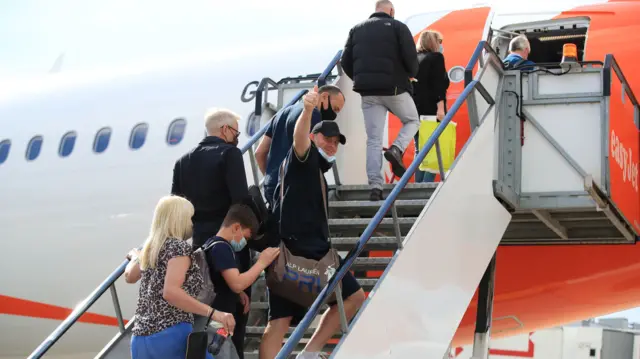Why were we sacrificed, Scottish travel sector askspublished at 10:12 BST 23 June 2021
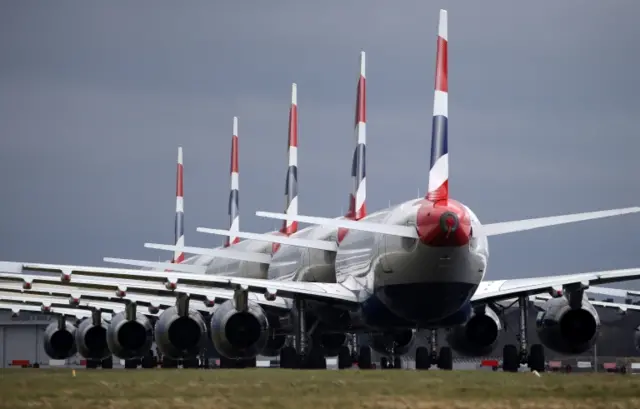 Image source, PA Media
Image source, PA MediaMore on the travel industry day of action. In Scotland, the sector wants answers from the Scottish government, saying it's been "sacrificed" during the pandemic.
More than 250 members of the Scottish Passenger Agents' Association (SPAA) and their associates, including airlines, tour operators and pilots, will protest outside the Scottish Parliament later.
They want more support, clarity over the data used to ground travel, a plan for a safe return to international travel and a low-cost, easy-to-access testing regime.
It comes as a survey for the SPAA found more than nine in 10 (96%) Scots who travelled overseas between March 2020 and today felt very or fairly safe.
Joanne Dooey, SPAA president, says she hopes First Minister Nicola Sturgeon will meet them to "explain why, despite a world-beating vaccination programme and easily accessible albeit expensive testing, we're further behind at opening up travel than we were 12 months ago when we had no rapid testing and no vaccination".
Jacqueline Dobson, president of the online agency Barrhead Travel, says millions of people in the industry have lost their jobs, and millions more fear for the future.
A Scottish government spokesman says international travel restrictions are important to limit the importation of more cases, especially new variants.
He adds that a UK-wide solution is necessary to mitigate the financial challenges facing the industry.
